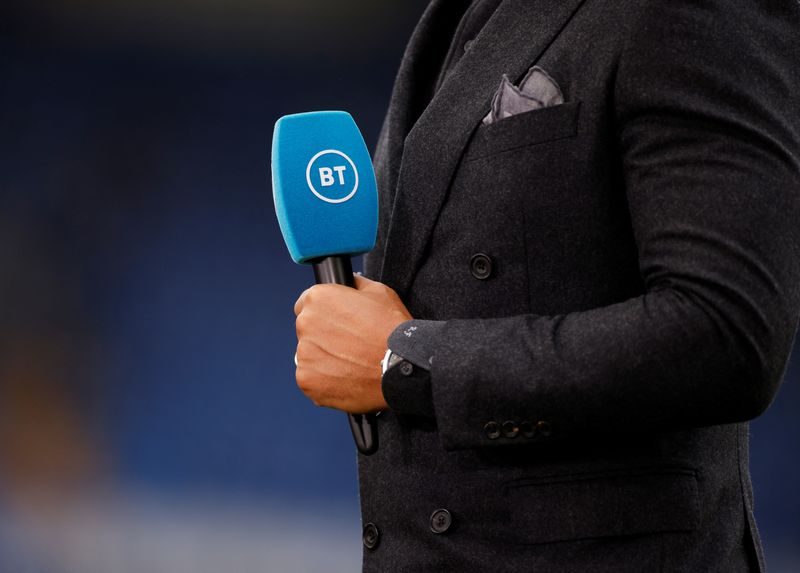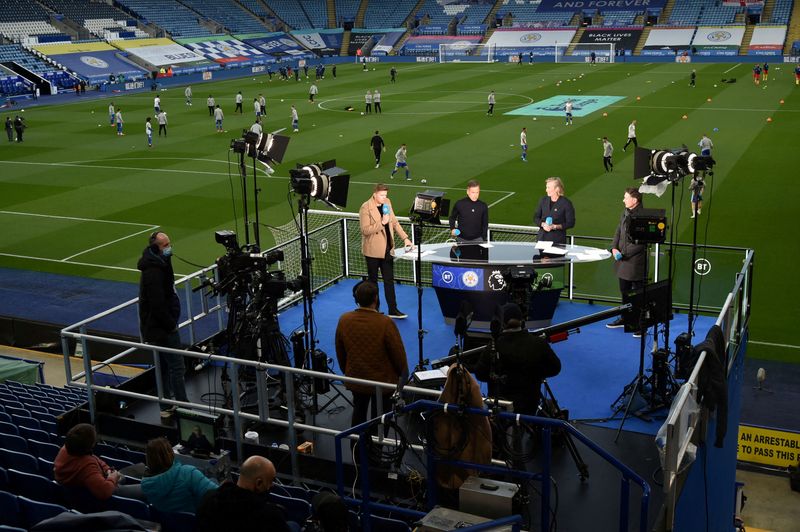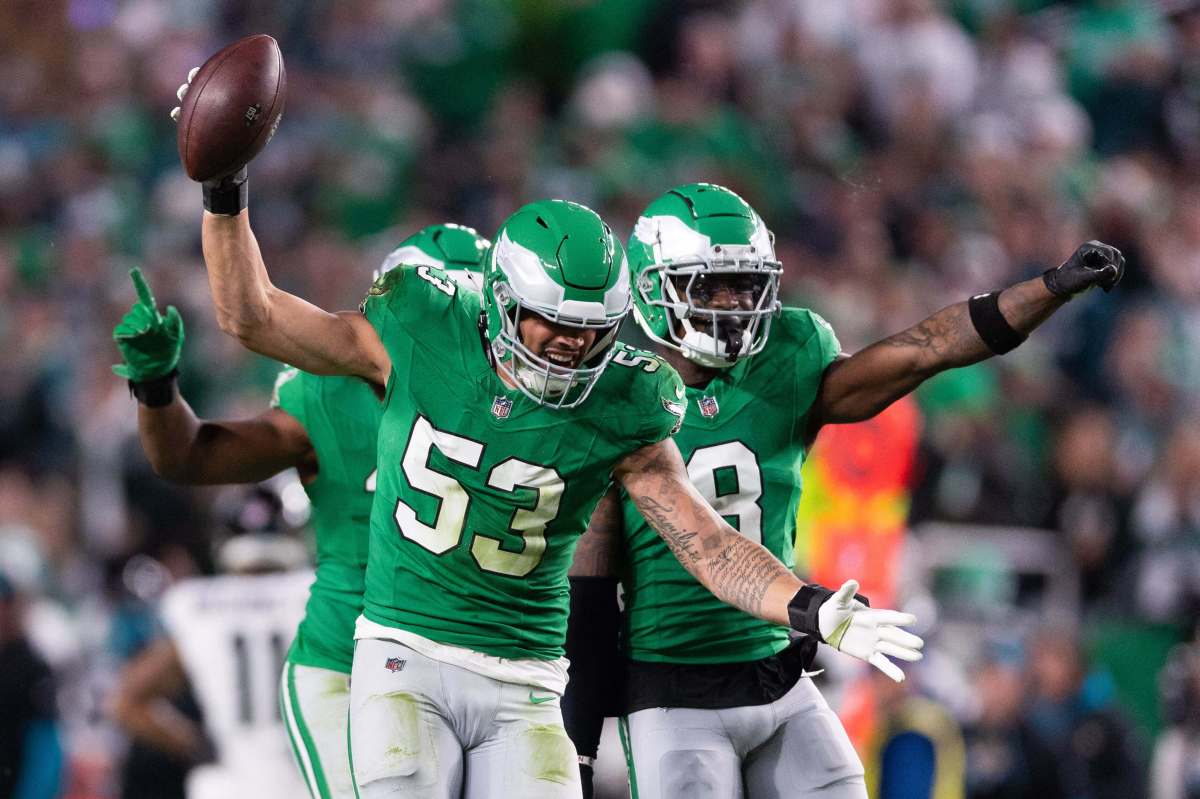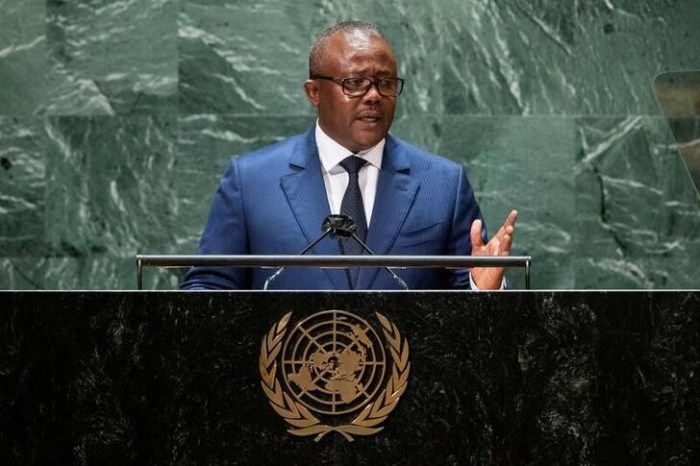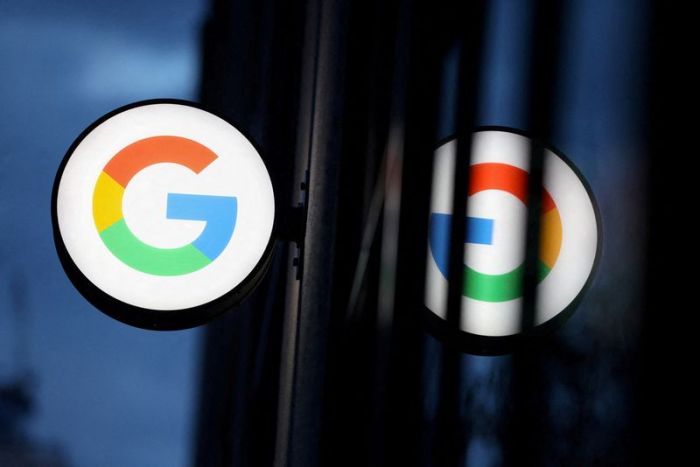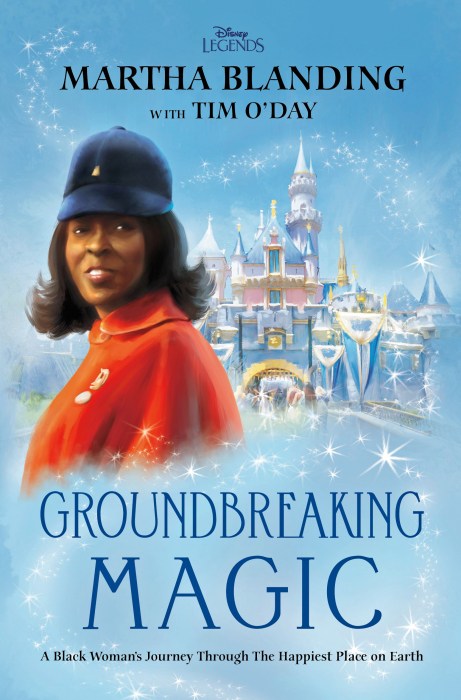LONDON/LOS ANGELES (Reuters) – BT said it would merge its sports TV unit with Discovery’s Eurosport in Britain and Ireland, enabling it to retain Premier League soccer for its customers while sharing the burden of expensive broadcast rights.
BT, a former British telecoms monopoly, moved into sport in 2013 when it beat Rupert Murdoch’s Sky to Champions League rights, hoping that exclusive content would help it stem broadband customer losses.
Some investors, however, have fretted about the volatile cost of sports rights, particularly when BT is spending billions on rolling out fibre broadband and Amazon, DAZN and others have joined the fray.
The company said last year it was considering options for the unit, which is now profitable, including an outright sale.
BT Chief Executive Philip Jansen said BT saw no downside in the Discovery tie-up, and was very happy with the terms it had agreed on content. It wants to complete the deal in Q1.
He said BT was committed to retaining its existing major sports rights including its crown jewel: Premier League soccer showing matches between Manchester City, Liverpool, Chelsea and Manchester United.
The 50:50 joint venture will also have rights to Eurosport’s Olympic Games, UEFA Champions League, UEFA Europa League, as well as cycling, tennis, rugby and other sports, the companies said.
Sources last month had told Reuters that DAZN was near to buying BT Sport, and negotiations went down to the wire on Wednesday night. One source said the price jumped after Discovery made a last-minute offer, resulting in DAZN walking away.
DAZN Chairman Kevin Mayer said the deal had “become uneconomical”, but he remained committed to growing his business in Britain.
Jansen said there were two very good options on the table, but in the final analysis Discovery won out.
“From a corporate financial point of view, the profile much improves, because obviously there will be synergies, both in cost and revenue,” he told reporters.
“And it keeps us very much in the competitive framework for what is a very interesting, exciting content market.”
CONTENT LURE
JB Perrette, president and chief executive of Discovery Streaming and International, said the partnership was akin to the WarnerMedia deal the U.S. media company struck with another telecommunications giant, AT&T.
In the case of WarnerMedia, Discovery is acquiring that business for $43 billion, while it will contribute its assets to a joint venture.
“We understand the importance of content to our business,” Perrette said in describing BT’s interest in the joint venture.
“Can we do this in a way with someone who brings synergies to the table, brings operating expertise and a ton more content that we can bring to our customer base?,” he said BT asked.
As well as an expanded sports portfolio, Discovery hopes the deal will attract subscribers to its entertainment offerings on Discovery+.
Cut-throat competition between BT and Sky for the best soccer rights eased in 2017 when they agreed to carry each others channels.
BT said on Thursday it had agreed a new reciprocal deal stretching beyond 2030 with Sky, which is now owned by Comcast.
Shares in BT, which also lowered its revenue forecast for the year, closed down 5%.
Revenue fell 2% in the nine months to end-December to 15.68 billion pounds, with declines in global and enterprise partly offset by growth in the Openreach network. For the full-year it expects a 2% decline.
Jansen said, however, that cost savings meant it was keeping its adjusted earnings target of 7.5 billion to 7.7 billion pounds this financial year and more than 7.9 billion pounds next year unchanged.
(Additional reporting by Elvira Pollina; Editing by Kate Holton, Emelia Sithole-Matarise and David Evans)

